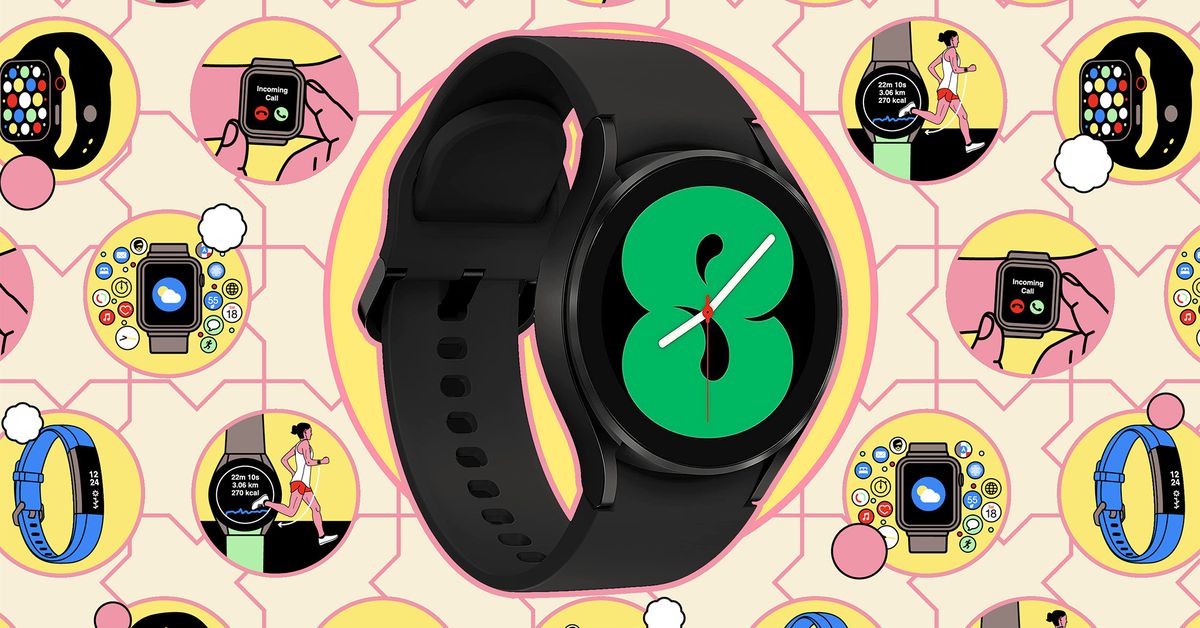
The Wear OS 3 rollout hasn’t been the smoothest. It’s totally understandable if you decided to stick it out on Wear OS 2 until the dust settled. But last year was a good year for Android smartwatches, and there’s reason to believe that this momentum will carry forward.
It’s time, my friends, to consider upgrading your older watch to Wear OS 3.
At this point, the pros of Wear OS 3 are starting to outweigh the cons of its predecessor. The main reason to upgrade is third-party apps. Google’s put a lot of effort into luring back developers to the platform, and most big-name app developers (e.g., Strava, Telegram, etc.) are understandably prioritizing the new over the old. And while Google’s done a decent job to ensure its Wear OS 2 apps still get updates, facts are facts. The same apps will do more on a Wear OS 3 watch.
For example, while Wear OS 2 users can use Google Maps, some features like turn-by-turn directions are exclusive to Wear OS 3. (There was also a fuss at the end of 2022 when the Google Maps and Keep apps mysteriously — if temporarily — disappeared for Wear OS 2 users.)
This problem will only get worse as more third-party app developers jump ship. If you want faster bug fixes and a smoother overall experience going forward, upgrading might not be a bad idea.
There are still reasons to delay upgrading, however. For instance, it’s not clear if or when Google Assistant will arrive on non-Google or non-Samsung Wear OS 3 smartwatches. Assistant isn’t great on Wear OS 2, but at least it’s there. If that’s a feature you really want, upgrading isn’t all that urgent.
The same is true if you have a Wear OS watch with a Snapdragon Wear 3100 chip. The 3100 chip can’t actually run the new software, so you’ll have to wait until you can buy a new watch running at least a Snapdragon Wear 4100 chip. (And if you’ve got to shell out, you might as well wait for a deal.)
Also, if you’re one of the few people who prefer using Wear OS watches with an iPhone, be aware that things aren’t quite the same on Wear OS 3. Google Wallet and Google Maps, for instance, aren’t currently available for iOS devices on the new OS.
But if you do decide to finally make the switch, here’s how to upgrade to Wear OS 3.
First off, check that your watch is eligible for the upgrade and that the manufacturer has started rolling out upgrades. Unfortunately, it’s up to each individual company to decide when to roll out Wear OS 3 to its older eligible watches. Fossil (and any brands owned by the company), for instance, began upgrade rollouts in October 2022. Mobvoi, however, hasn’t said much about its Wear OS 3 plans in a while.

